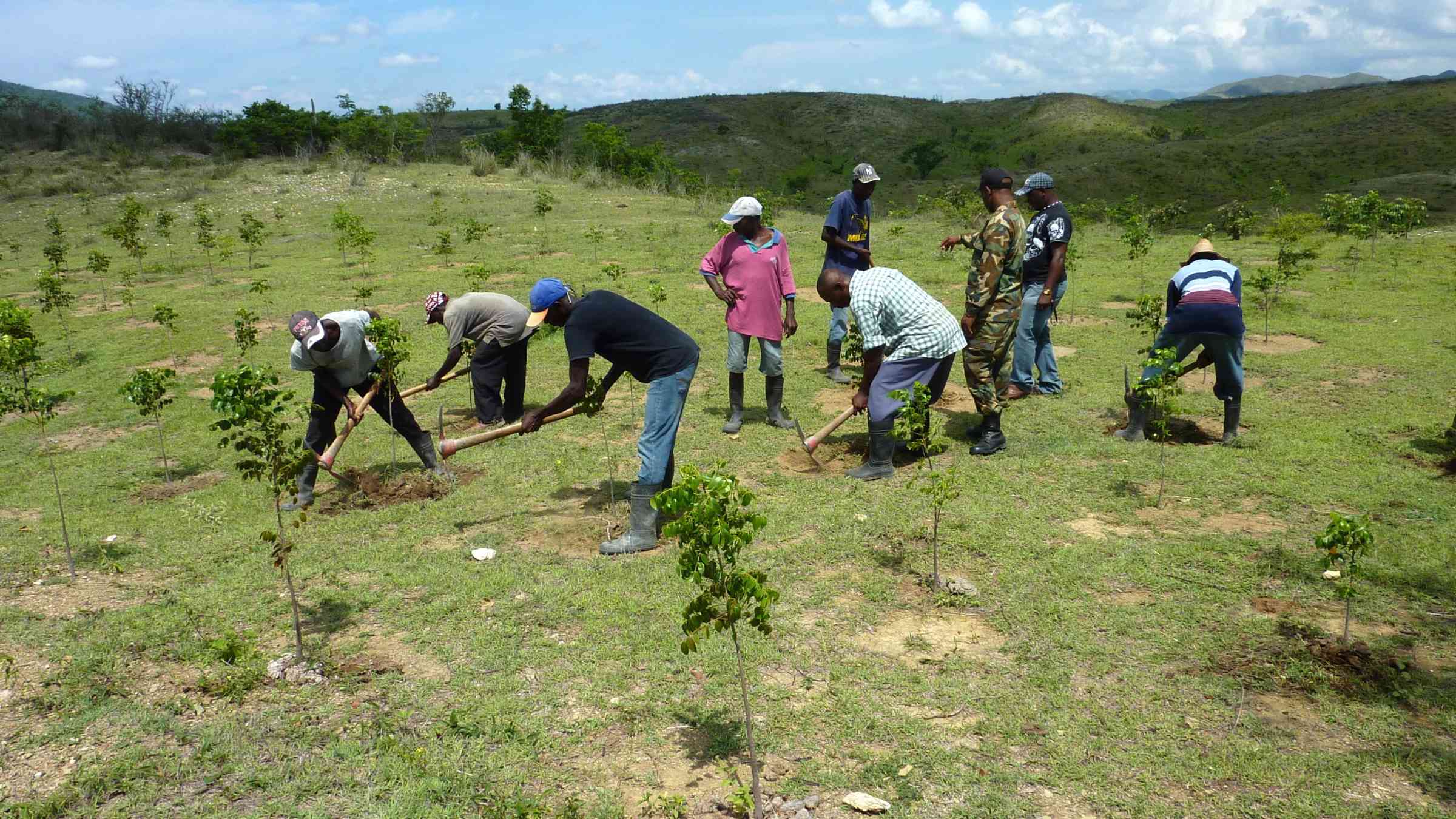Implementing Nature-based Solutions to Reduce Systemic Risk
Over the last twenty years, 7,348 major disaster events were recorded, claiming about 1.23 million lives, affecting 4.2 billion people and costing the global economy approximately US$2.97 trillion. At the heart of these systemic risks as well as non-systemic disaster risks is our disconnected relationship with nature as well as the strong socio-economic inequalities between and within countries. This session is designed to:
- Showcase how and why Nature-based Solutions (NbS) need to be an integral part of decision-making for disaster risk reduction (DRR) and climate change adaptation (CCA), and how NbS can help address root causes of the COVID-19 pandemic, as well as climate risks and socioeconomic inequalities;
- Generate commitment to further mainstream NbS into risk-based decision-making in all sectors by identifying means of action and success factors;
- Share knowledge and best practices to address existing challenges and the potential and current barriers of implementation.
Session Objectives
This session will discuss how Nature-based Solutions (NbS) can be implemented in order to reduce systemic risks. More specifically, it will aim to:
- Raise awareness and knowledge on the use of NbS for reducing and managing systemic risks
- Encourage governments, policy makers, Civil Society Organisations and private sector to step-up their commitments in implementing, reporting and financing Nature-based Solutions for Disaster Risk Reduction, as well as in using technology transfers for the design and implementation of NbS for DRR and CCA
- Inspire donors to allocate more considerable funds for the implementation of projects and initiatives aimed at promoting good practices using NBS.
Moderator
- Luther Anukur - Regional Director, Eastern and Southern Africa Regional Office, International Union for Conservation of Nature (IUCN)
Speakers
- Karina Whalley - Head of Public Sector, AXA Climate
- Tabi Joda - Director, GreenAid international
- Sonja Leighton-Kone - Acting Deputy Executive Director, United Nations Environment Programme (UNEP)
- Carolina Díaz Giraldo - Director of Environment and Sustainable Development, Colombia, National Planning Department
- Muchamad Saparis Soedarjanto - Director of Planning and monitoring of the Watershed Management, Ministry of Environment and Forestry, Indonesia
Experience this event
Watch the session
Documents
Learn more
Read this section to learn more about the topic of Nature-based Solutions for disaster risk reduction, ensuring you come prepared for the session.
Where do we stand
NbS for DRR and CCA are being implemented worldwide. Yet, their inclusion in national and local DRR and CCA strategies is still rare, and no country has reported on them in the Sendai Framework Monitor. This session will be an opportunity to identify and tackle the main challenges related to NbS implementation in DRR:
- Lack of financing, technology transfers and innovative solutions for the implementation of NbS in DRR/CCA
- Lack of awareness on the benefits provided by NbS
- Lack of knowledge on efficacy parameters (i.e. thresholds) and key performance indicators
NbS offer the following opportunities for reducing disaster risk:
- Improved knowledge and awareness of dynamics of hazards, exposure, vulnerabilities and resilience of both societies and ecosystems
- Synchronization of NbS for DRR/CCA with programmes targeted to respond to the COVID-19 pandemic, climate risks and socioeconomic inequalities;
- Integration of risk-based decision making in sectoral policies and planning, e.g. agriculture, fishery, aquaculture and forestry
- Better harmony of individuals and communities with nature
Session guiding questions
- What is the added value of NbS implementation to systemic risk reduction?
- How can we scale up NbS good practices for DRR/CCA under different institutional and disaster contexts?
- What is needed to strategically integrate NbS in DRR/CCA decision-making that also contributes to the achievement of multiple societal objectives?
- What are the barriers to the implementation of NbS for DRR and how can we strategically address these through innovative approaches?
- Which financing mechanisms are available to enable NbS?

Agenda
Location
BNDCC 2-Ground Floor
Online access
Participation
Open to those registered for the conferenceInterpretation
AR, EN, FR, RU, ES, ZHDetails
Contact
Marlene Grundstrom, [email protected] Donna Mitzi Lagdameo, [email protected]